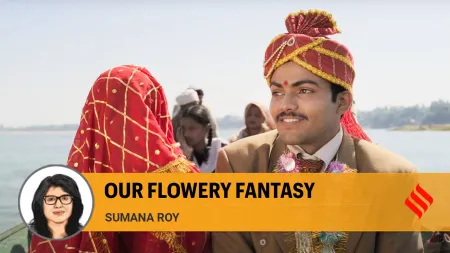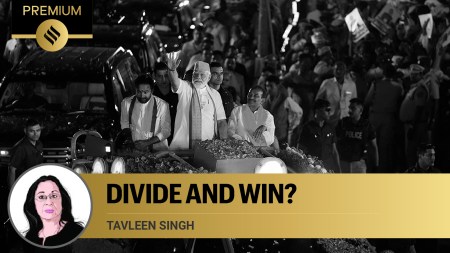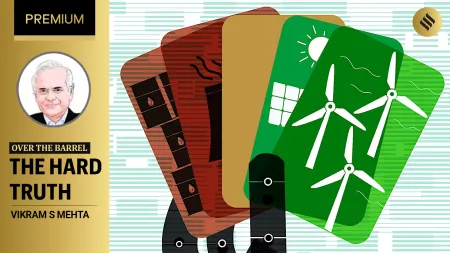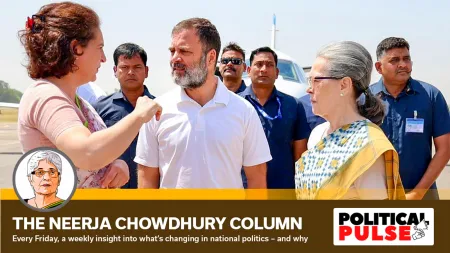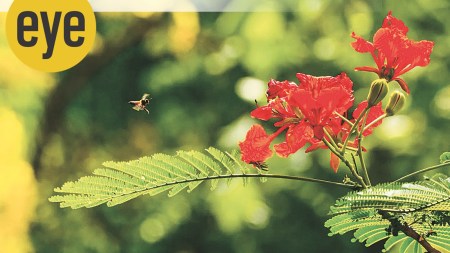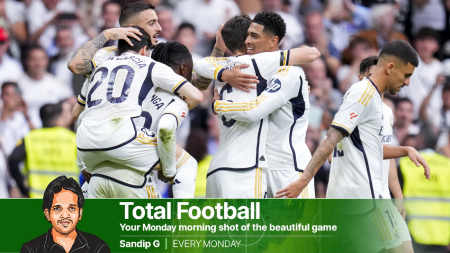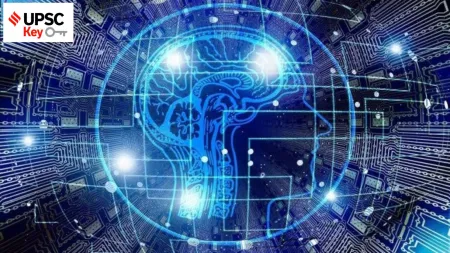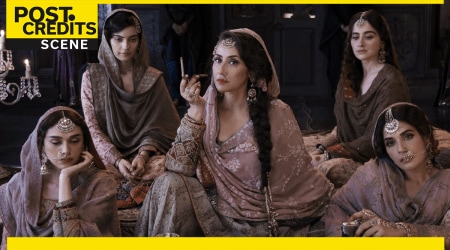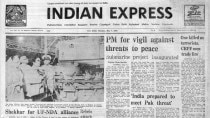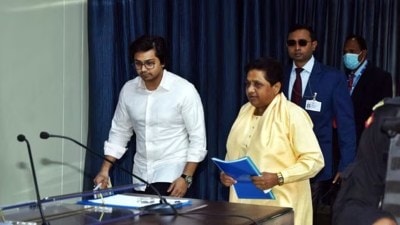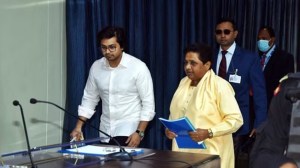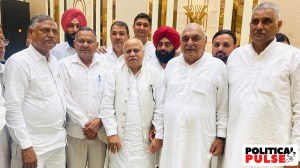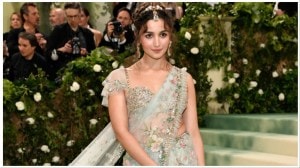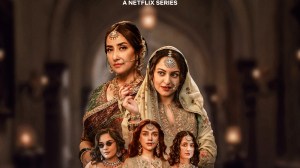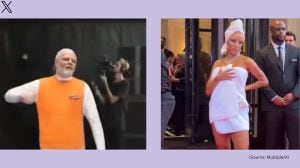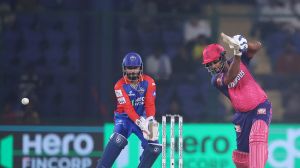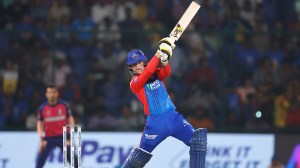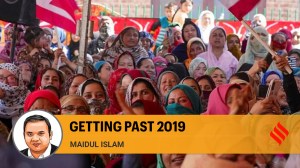- India
- International
Why Mohan Bhagwat’s call for Hindu-Muslim dialogue is a step in the right direction
Zameer Uddin Shah writes: It is time for the hardliners from both communities to weigh Mohan Bhagwat’s words carefully and carry forward the process of dialogue
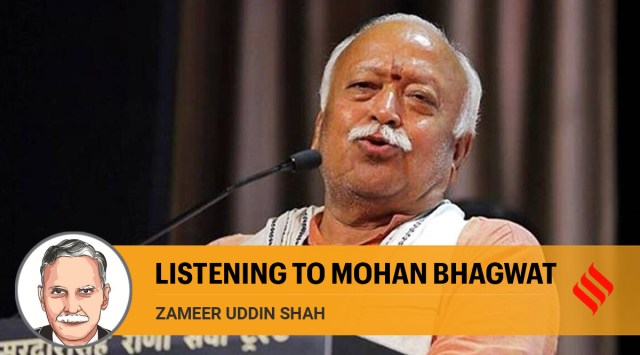 Mohan Bhagwat
Mohan BhagwatI attended the launch, organised by the Muslim Rashtriya Manch, of Khwaja Iftikhar Ahmed’s book, The Meeting of Minds – A Bridging Initiative at the Mewar Institute, Ghaziabad on July 4. The author had assisted me, whilst I was Vice-Chancellor, Aligarh Muslim University, in explaining to the RSS, the ethos of this institution of national importance. The function was presided over by Mohan Bhagwat and leading functionaries of the RSS and General VK Singh, MP.
I have been a leading proponent of Hindu-Muslim dialogue to foster amity between the two estranged communities. I was accused of angling for a gubernatorial appointment and a sprinkling of brother officers, lifelong friends, “advised” me and members of my family, who have been active on social media, saying what they believe is best for our country, to “Go to Pakistan”. I ignored these as the rantings of immature minds.
The author gave a lengthy, impassioned speech, spelling out the book’s contents, supported by references to the Holy Quran. Bhagwat took note and commented upon these in his 45-minute scholarly, impassioned appeal for amity.
He explained that he had agreed to the launch because continuous dialogue and amity between Hindus and Muslims is imperative for progress. In a democracy, religious groups cannot dominate one another. The demand that Muslims should not live in India is counter to the Hindu ethos and is rightly opposed by the majority. The Constitution guarantees the safety of minorities and their apprehension that “Islam is threatened in India” is unfounded. Religion and patriotism are not contradictory.
Bhagwat dwelt, at length, on the fact that the cow is sacred but condemned incidents of lynching by vigilantes as “anti-Hindutva”, warranting action by the law without partiality. He, however, cautioned against counter FIRs being registered. All have the right to protest in forums like the legislature, judiciary, NHRC etc.

I would like to stress that the police can easily ascertain facts and must not shield culprits. Also, why restrict protest to limited forums? Citizens have a right to publicly protest. Freedom of speech, essential for the preservation of democracy, is guaranteed under Article 19 (1)(a) of the Indian Constitution with a limiting clause, under Article 19(2), that “reasonable restrictions can be imposed on the exercise of this right for certain purposes”. Do peaceful, non-violent protests warrant the imposition of restrictions?
Another contentious point was Bhagwat’s statement that “India is a Hindu Rashtra and all citizens are Hindu”, immediately clarified to mean “All citizens are Bharatiyas”. This latter position is acceptable to the minorities as the former has a religious connotation. As far as Hindu “Rashtra” is concerned, India was always one, in my opinion. It makes no difference. The majority in a democracy will always call the shots, even if, for the sake of nicety, “secular” is prefixed/suffixed.
The assertion that nationalism should be the basis of unity among all sections of people would be more acceptable if this unifying factor is substituted with patriotism. There is a danger of nationalism snowballing to hyper-nationalism — witness Nazi Germany, Japan and erstwhile Yugoslavia.
Bhagwat conveyed that he meant well for the minorities. Amity was at the top of his agenda. He acknowledged he would probably be criticised by some of his cadres, viewing it as Muslim appeasement.
Was it this compulsion that compelled him to backtrack somewhat in his later statement at Guwahati, on July 21, where he supported the CAA and NRC? He asserted that a communal narrative was being peddled for political mileage. Governments across the world document their respective country’s population through NRC-like exercises, essential to identify illegal immigrants. This stand cannot be contested but has a flip side. The NRC, completed in Assam in 2019 on the instructions of the Supreme Court, compiled a registry of citizens, a key charter of the Assam Accord. The roster excluded around 1.9 million of the nearly 33 million applicants from the NRC. The list was dubbed faulty by most people, citing the exclusion of genuine citizens and inclusion of persons with doubtful identity. Protesters in Assam alleged that the NRC violated the 1985 Assam Accord that provided for the deportation of all refugees and migrants, who entered Assam after March 25, 1971. If the result of the NRC in Assam, despite the time and expense, was dubious and inconclusive, one can imagine its fate at the national level.
The contentious CAA, which was passed in Parliament in 2019, fast-tracks Indian citizenship to Hindus, Jains, Christians, Sikhs, Buddhists and Parsis who entered India on or before December 31, 2014, from Bangladesh, Pakistan and Afghanistan. Refugees from other neighbouring countries like Sri Lanka, Bhutan and Myanmar have been left out, as are the Ahmadiyyas, Shias and Hazaras facing persecution in their home countries. This exclusion of Muslims is, therefore, viewed as discriminatory even by organs of the UN.
Sceptics remonstrated, “we told you so”. I, however, have profound hope in the well-intentioned efforts of Bhagwat. The only plausible explanation is that a person of his stature has to keep in mind the sensitivities of all constituencies to maintain a balance. It is time for the hardliners from both communities to weigh his words carefully and carry forward the process of dialogue. Amity, across all sections, is essential for India’s progress.
This column first appeared in the print edition on August 2, 2021 under the title ‘Listening to Mohan Bhagwat’. The writer is a retired lieutenant general, educationist, and author of The Sarkari Mussalman
40 Years Ago
EXPRESS OPINION
More Explained
May 07: Latest News
- 01
- 02
- 03
- 04
- 05



